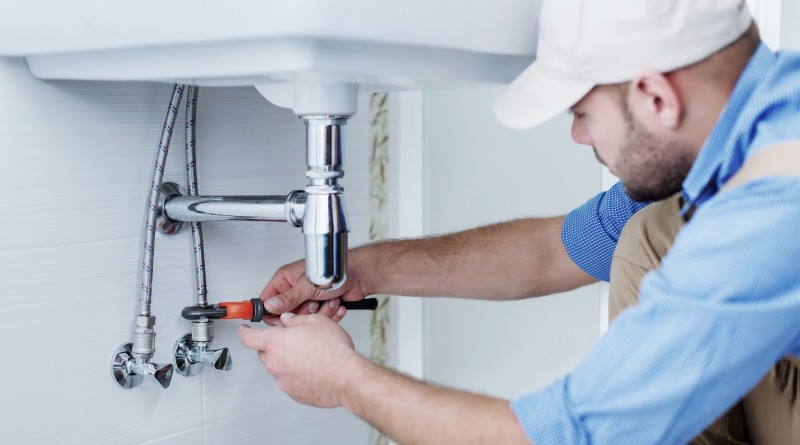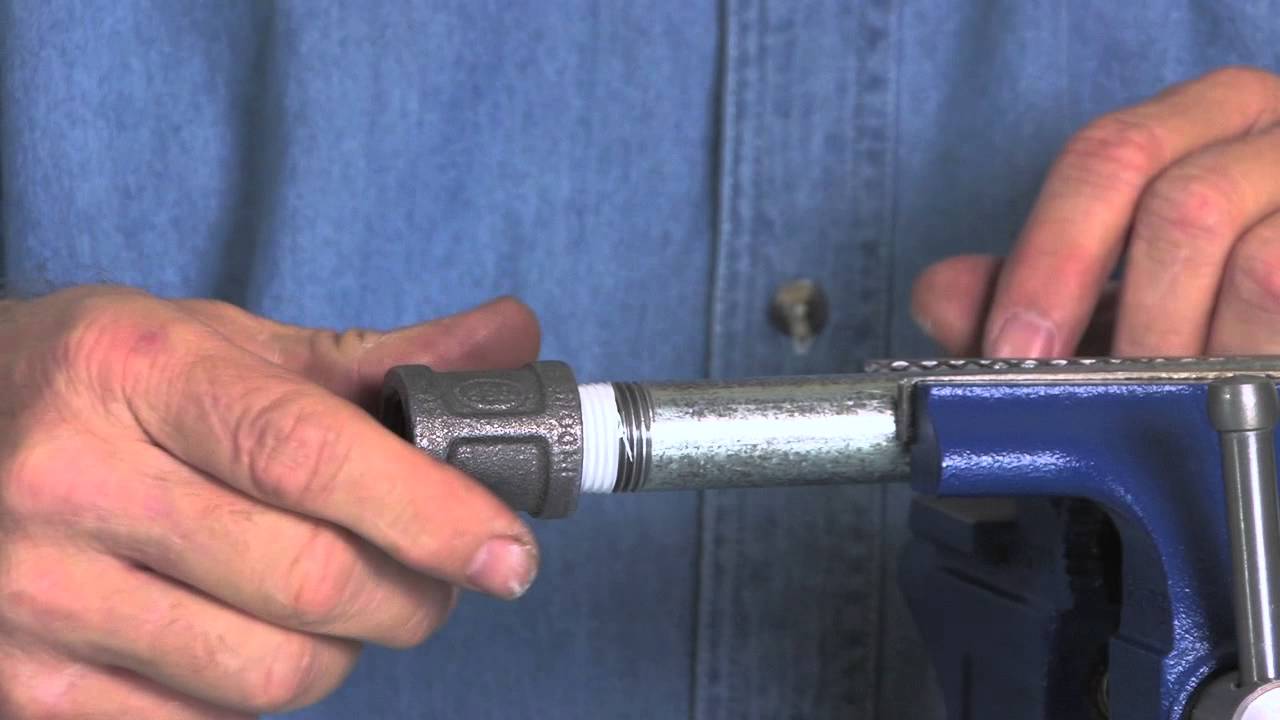Devil’s in the Details: What Makes One Plumber Step Ahead from Another
Buying high quality products has many benefits, both for yourself and for the services you offer as a professional. Being in the plumbing business for a few decades, I’ve come to the conclusion that from a practical perspective, quality products result in fewer-call backs, better performance and greater opportunities for margin upselling and gains.
From a long-term business credibility and growth standpoint, quality can help you build trust and loyalty. Where ancillary items like fittings for pipes and pipework are concerned, the same principle applies – buy the best you can afford. The offer of fittings for pipes on the market has substantially increased in the recent years with the growth of push & press methods, material choices like brass, copper, plastic and carbon and the rise of application-specific fittings for the most sensitive environments.
As a result, the importance of having a varied, quality toolkit with many different fittings for different jobs is now greater than ever, as installers are increasingly widening their skill set and remit to help grow their business. So when selecting the right fittings for a certain job, it’s worth looking at the best practice considerations – specifically how versatile they are, whether they can abide by the correct legislative requirements and whether they can be used with a specific range of materials.
Furthermore, an important consideration is whether the product you work on has a universal fitting design. If it does, it can most likely be used with various materials like PB, carbon steel, copper and PE-X. This versatility gives you the flexibility to connect more pipes which many other push-fit solutions won’t.
Pipe fittings are indispensable not only for industrial and commercial applications like food, beverage, chemical, petrochemical, road & highway construction, but also for every household. They come in various sizes, shapes and styles, and you, as a plumber, should stock up on as many as you can, depending on what are the most frequent jobs and applications you work on, as commercial and domestic installations are the bread and butter for most plumbing installers.
The failure or success of a plumbing project is most often determined by the quality of the pipe fittings used in the installation. Keeping the same materials throughout a plumbing setup will help maintain connections, as temperature and water pressure change during operation. Fittings often rely on corresponding parts and can’t be changed without the threat of a connection failing. Moreover, the size and shape of the pipe fitting directly relates to its appropriateness and purpose to certain jobs. Once you are well-prepared by understanding the particularities of your plumbing projects, there will be no installation you cannot perform!


